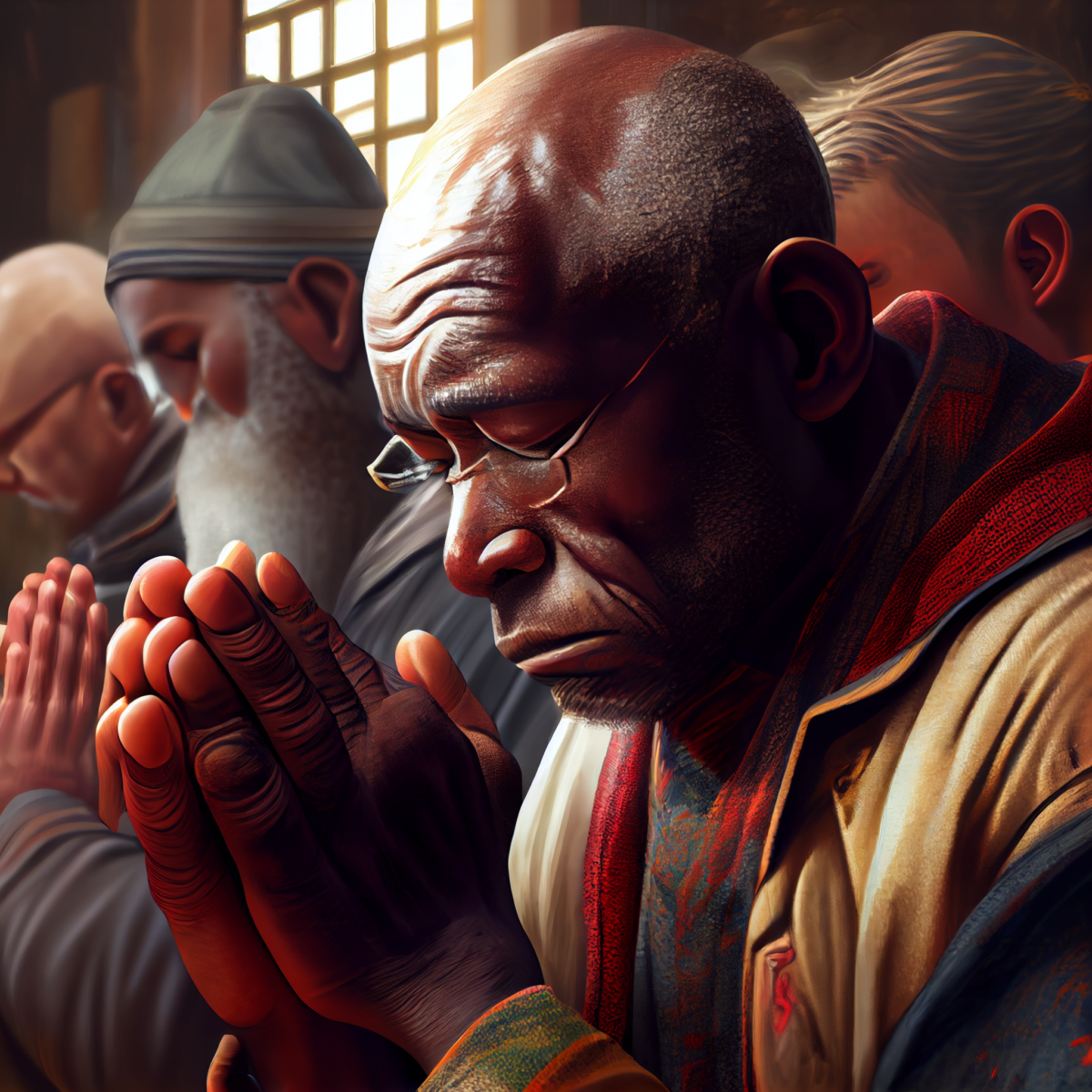Prayer is a practice that has been a part of human culture for thousands of years. Whether as a form of worship, a means of seeking guidance or support, or simply a way to connect with something greater than ourselves, prayer has been a cornerstone of many spiritual and religious traditions.
At its core, prayer is a form of communication with a higher power or divine being. It can take many forms, from reciting a specific set of words or phrases, to silently meditating and reflecting on one’s thoughts and feelings. Regardless of the specific form it takes, prayer is a deeply personal practice that can have profound effects on the individual who engages in it.

While the specifics of prayer can vary widely depending on one’s personal beliefs and religious practices, there are some general principles that can guide the practice of prayer. These principles include:
- Setting aside a dedicated time and space: Choosing a quiet and peaceful environment free from distractions where one can focus on their communication with the divine is essential to creating a conducive environment for prayer.
- Showing respect and humility: Recognizing the power and authority of the higher power being prayed to, and approaching prayer with a sense of reverence and humility is an important aspect of many religious practices.
- Being sincere and honest: Speaking from the heart and expressing one’s true thoughts and feelings to the divine, even if they are difficult or painful, can be an important step in developing a deeper connection to the divine.
- Using positive language: Focusing on positive affirmations and expressions of gratitude, rather than negative or complaining language, can help to cultivate a more positive and optimistic outlook on life.
- Listening for guidance: After expressing one’s thoughts and feelings in prayer, taking some time to listen for any guidance or messages that may come in response to the prayer can be an important step in receiving the support and guidance that one seeks.
Ultimately, the right way to pray is the way that feels most authentic and meaningful to the individual engaging in the practice. There is no one-size-fits-all approach to prayer, and each person’s relationship with the divine is unique. However, by following these general principles, one can create a space for prayer that is respectful, sincere, and open to the guidance and support of the divine.

In conclusion, prayer is a powerful tool for connecting with the divine and seeking guidance and support in one’s life. By following the principles of setting aside a dedicated time and space, showing respect and humility, being sincere and honest, using positive language, and listening for guidance, individuals can develop a deeper connection to the divine and receive the support and guidance they seek. Whether as a part of a religious tradition or simply as a personal practice, prayer can be a transformative experience that brings peace, clarity, and meaning to one’s life.

